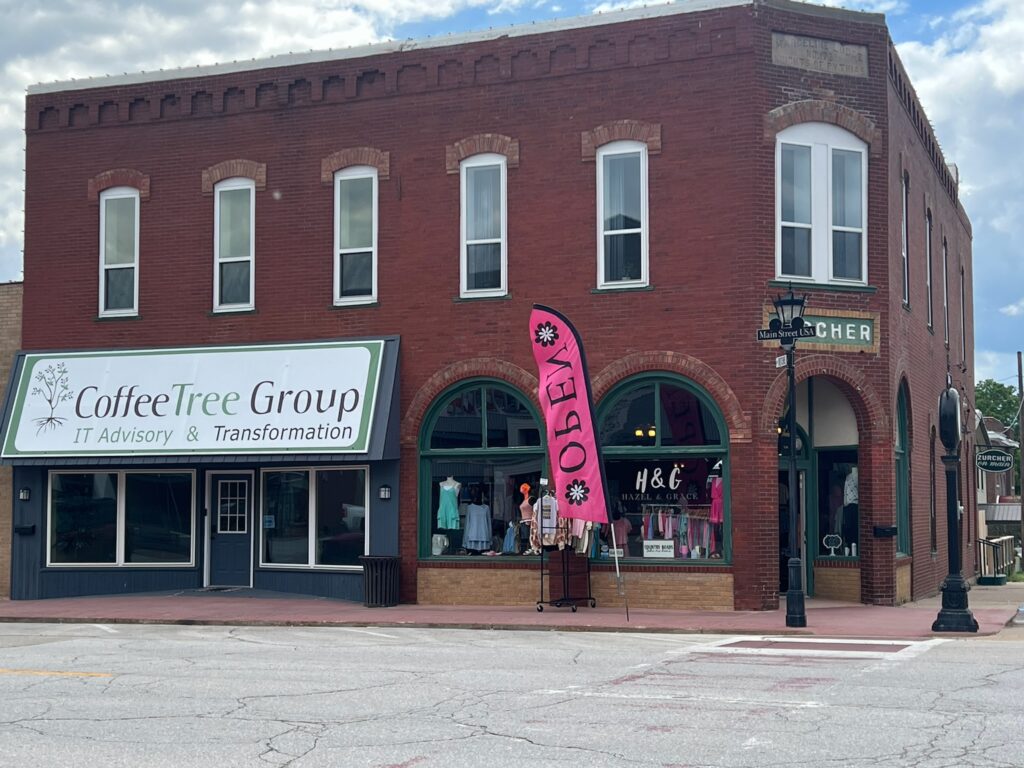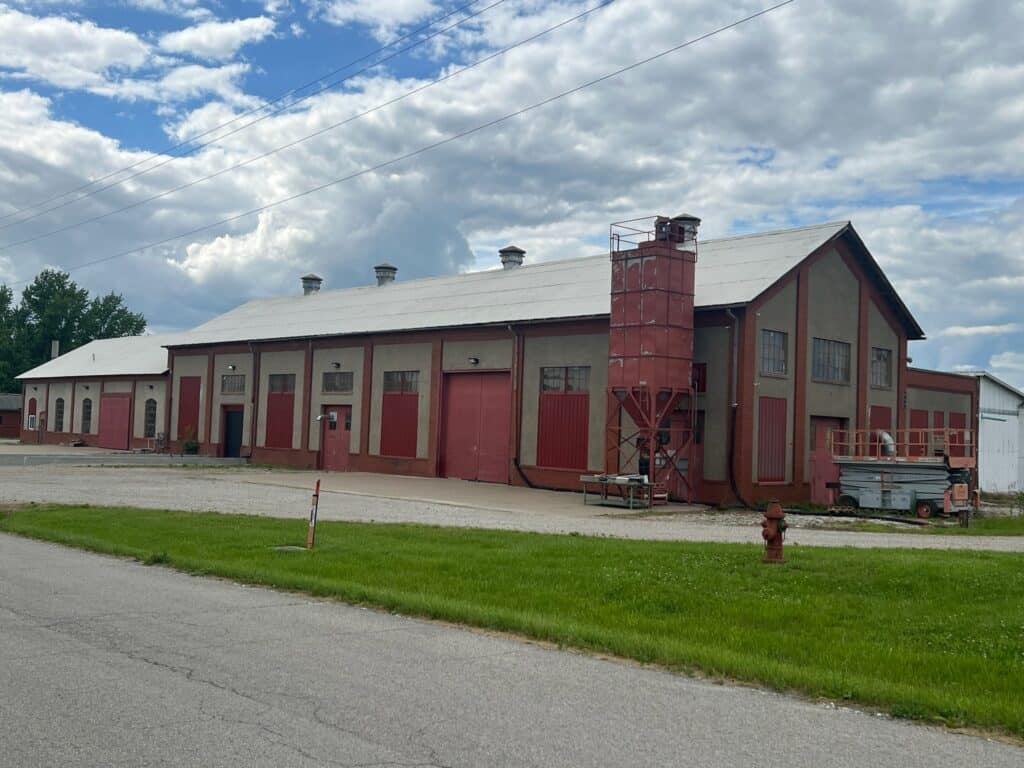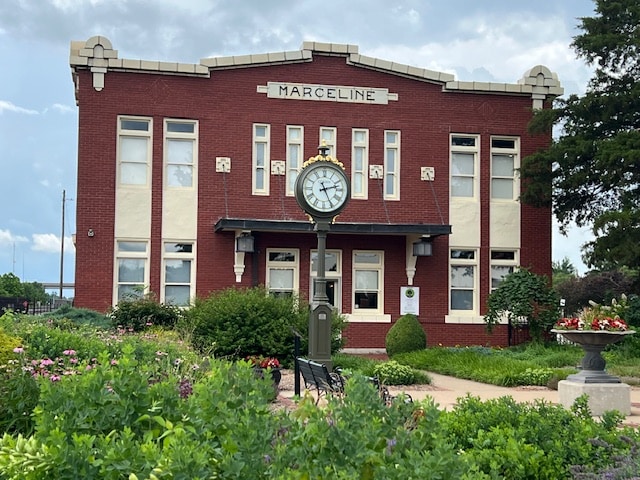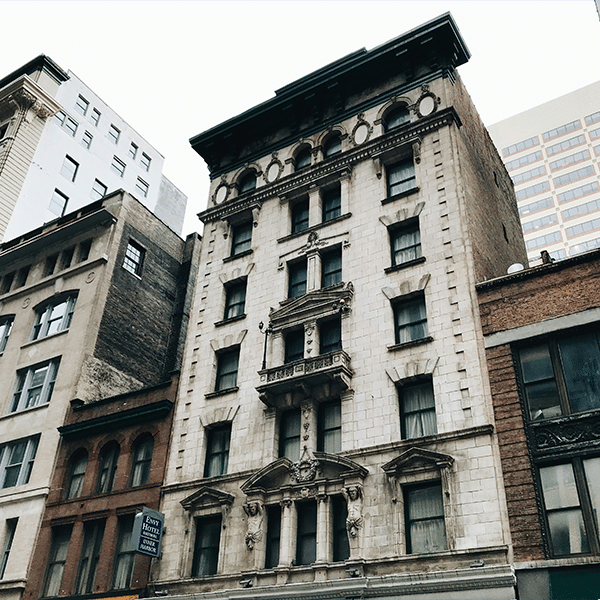A great example of the transformative impact and benefits that high-speed broadband can have on a small town comes from Marceline, Missouri. The town of 2,000 has gained multiple new businesses since Chariton Valley, a local provider, began deploying fiber broadband there in 2020. That, in turn, has created new jobs and even helped lure new residents to the town.
Chariton Valley was founded over 70 years ago as a telephone company. It’s the incumbent local exchange carrier (ILEC) for 18 rural exchanges, all of which now have 100% fiber availability. More recently, the company has been deploying fiber outside its ILEC footprint. Marceline was one of those expansion towns.
When Chariton Valley offers service in a market, it works closely with local economic development groups, explained Donna Bell, public relations and economic development manager for Chariton Valley, in an interview with Telecompetitor.
“We would make a commitment to anyone in any of our communities that if a business is coming to a site that doesn’t have fiber internet, we would bring it to wherever they were in order to get that business to the community,” Bell said.
Three Success Stories
Richard Switzer, executive director of the Marceline Industrial Development Authority, noted three key businesses that have settled in Marceline or expanded operations there since fiber became available to them.
Karvd, a manufacturer initially based 12 miles away, wanted to expand. High-speed internet was a factor in its decision to obtain and renovate an abandoned building in Marceline, where it manufactures cabinet components for major home improvement stores.
“They liked the work ethic and small-town atmosphere,” observed Switzer.
CoffeeTree, a customer call center for regional and national companies, also purchased an abandoned building in downtown Marceline. The company renovated the building and hired about two dozen people to staff it. High-speed internet is critical to the company’s operations.

Nature’s Grace and Wellness, a medical cannabis company, chose to build a new facility in Marceline, in part, because it needed high-speed internet to connect with suppliers and customers.
The business requires a lot of electricity. As a result, the company’s presence has the additional benefit of boosting revenues for the community-owned utility company. That additional income is being re-invested in the community’s aging infrastructure.
Walt Disney’s Hometown
Walt Disney spent his formative years (age five to 10) in Marceline and always remembered the town fondly — so fondly that, after his death, his sister sent 3000 family artifacts to the town, some of which are now on display at the town’s Walt Disney Museum.
The museum predates the deployment of fiber in Marceline but it has seen benefits from the arrival of high-speed broadband in the community. Previously there was only one restaurant in the town, which closed at 3:00 p.m., Switzer told us. Today the town has five restaurants, serving museum goers, as well as new employees at the three new company locations and residents, including new residents who have moved to town.
New Residents
Dave Tavres, a California native, software program manager and Disney historian, was attracted by Marceline’s hometown vibe.
“I wanted to move here 15 years ago but as a computer geek I couldn’t,” he told Telecompetitor. “The day I found out about the fiber, I started packing.”
Tavres clearly isn’t alone in viewing Marceline as a great place to live. One of the town’s biggest challenges right now is ensuring that there is enough housing for new people to move in, noted Switzer, who is looking at arranging for the conversion of a former hospital location into new housing units.
In addition to the new restaurants, the town also has gained several retail businesses since fiber came to town noted Jesse W. Wallis, Marceline’s city manager. While not all those businesses may need high-speed internet, the businesses could be viewed as a by-product of fiber’s arrival.
“When you bring more people into town, you need more services,” observed Wallis.
What can other communities and the broadband providers that serve them learn from Marceline’s experiences?
It’s very helpful for those responsible for economic development to “keep their feet on the street” as the saying goes. CoffeeTree’s exploration of Marceline as a possible location stemmed from a Brookshire Group’s Community Venture Network event in Minneapolis where Switzer’s predecessor met a key CoffeeTree decision-maker and talked up the town.
“Brookshire Group promotes rural advocacy via the Community Venture Network, connecting businesses with rural communities,” Switzer explained.
It’s also important to see broadband as part of a suite of requirements that businesses are seeking. Switzer worked closely with Karvd on that company’s building renovation, for example.

Another key factor undoubtedly was Chariton Valley’s close relationship with local economic development organizations and the company’s commitment to bring fiber to any new business needing it.
If your community has a similar story about the positive economic impact and benefits of high-speed broadband, we’d love to hear about it. Please email Joan Engebretson at [email protected].
Images courtesy of the Marceline Industrial Development Authority.

